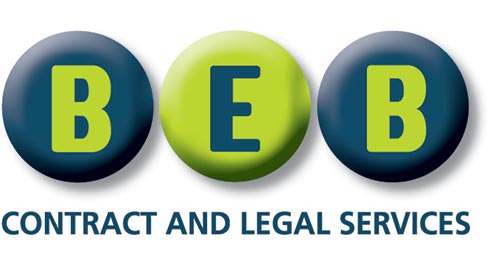Whilst predominately we help our clients with commercial contracts and other business law stuff we have also helped and advised on Consumer Law. Not only to our clients who may have issues when selling to consumers but also when it is them who have been treated unfairly by a company.
What is a Consumer?
Despite being phrased in different ways, the majority of the definitions of consumer found in EU legislation are all very similar. Basically defined as, a person who purchases goods and/or services for personal use which is outside his or her trade, business or profession. There is a common misunderstanding that as a sole trader you are considered a consumer but this is not always the case and more confusingly the Package Travel Directive for example extends the definition of consumer to include companies and business travellers.
However for this blog to avoid confusion we are talking specifically about the items you can buy as a natural person for personal use.
The Consumer Rights Act 2015 came into force on 1 October 2015 and represented the biggest overhaul of consumer law for many decades. It replaced the 3 key pieces of legislation Sales and Goods Act, Unfair Terms Consumer Contracts Regulations, and Sale of Goods and Services Act. The law is now clearer and easier to understand laying out the following in its simplest form.
Goods must be as described
If you are buying a product online or have asked for a particular colour, material or finish you would hope that the product you receive matches that description! The goods you receive must match any description given to you, or even any samples shown to you at the time of purchase.
Goods must be fit for purpose
There are two sides to this, what the product is usually used for, and what you specifically wish to use the product for. For example, if you were buying a basic phone it would be reasonable to expect the product to make and receive phone calls, therefore if it did not, it would not be fit for purpose and the seller would be in breach. If you wanted to use the phone to take photos, and the product does not have this feature the seller would not be in breach unless of course you specifically told the seller this was what you wanted it for.
Goods must be of satisfactory quality and last a reasonable length of time
Goods shouldn’t be faulty or damaged when you receive them (unless they were described that way). You should consider what a reasonable person would consider satisfactory for the goods in question. For example, you would expect a £100 pair of shoes to last longer than a £10 pair.
If any of the above has not been adhered to you have several remedies that can be relied on.
- Short term right to reject – should the products you have bought breach your rights as described above, you have 30 days to notify the seller of such and you will be able to reject the goods requesting a full refund. (Digital and downloadable content and perishable goods are different). You must make the goods available to the seller to collect, and they must process your refund within 14 days by the same method you bought them with. This right is limited to 30 days from the date you take ownership of the goods. After 30 days, you will not be legally entitled to a full refund if your item develops a fault, but then the below applies.
- Right to repair – if you are outside the 30-day right to reject or still want the goods, you have to give the seller one opportunity to repair or replace the goods. You cannot request this where it would be impossible to repair the goods, nor if it would be disproportionate to do so, for example if it would be cheaper and quicker to simply replace it.
- Right to replacement – this right is linked to the right to repair and subject to the same caveats, you cannot request this where it would be impossible to replace the goods, nor if it would be a disproportionate to do so, for example if it would be cheaper and quicker to simply repair it. The Seller can decide.
- Right to reduction in cost – if all other remedies are unsuccessful or not possible, or the first replacement also turns out to be defective, you are entitled to a reduction in cost to reflect the value of the goods actually received by you. If you have not paid for the goods yet then the price to be paid will simply be reduced, or if you have paid for them then you will be entitled to a refund up to 100% of the price you paid, which they must process without undue delay and within 14 days by the same method you bought them with.
- Final right to reject – finally, if you have requested the above remedies for breach of your rights and the seller has continually failed to adhere to such, or has not to a suitable standard, you have a final right to reject the goods in exchange for a full refund.
If you are having any trouble with sellers not providing you with satisfactory goods, or not allowing you your remedies in accordance with the above, get in touch and we can help!

